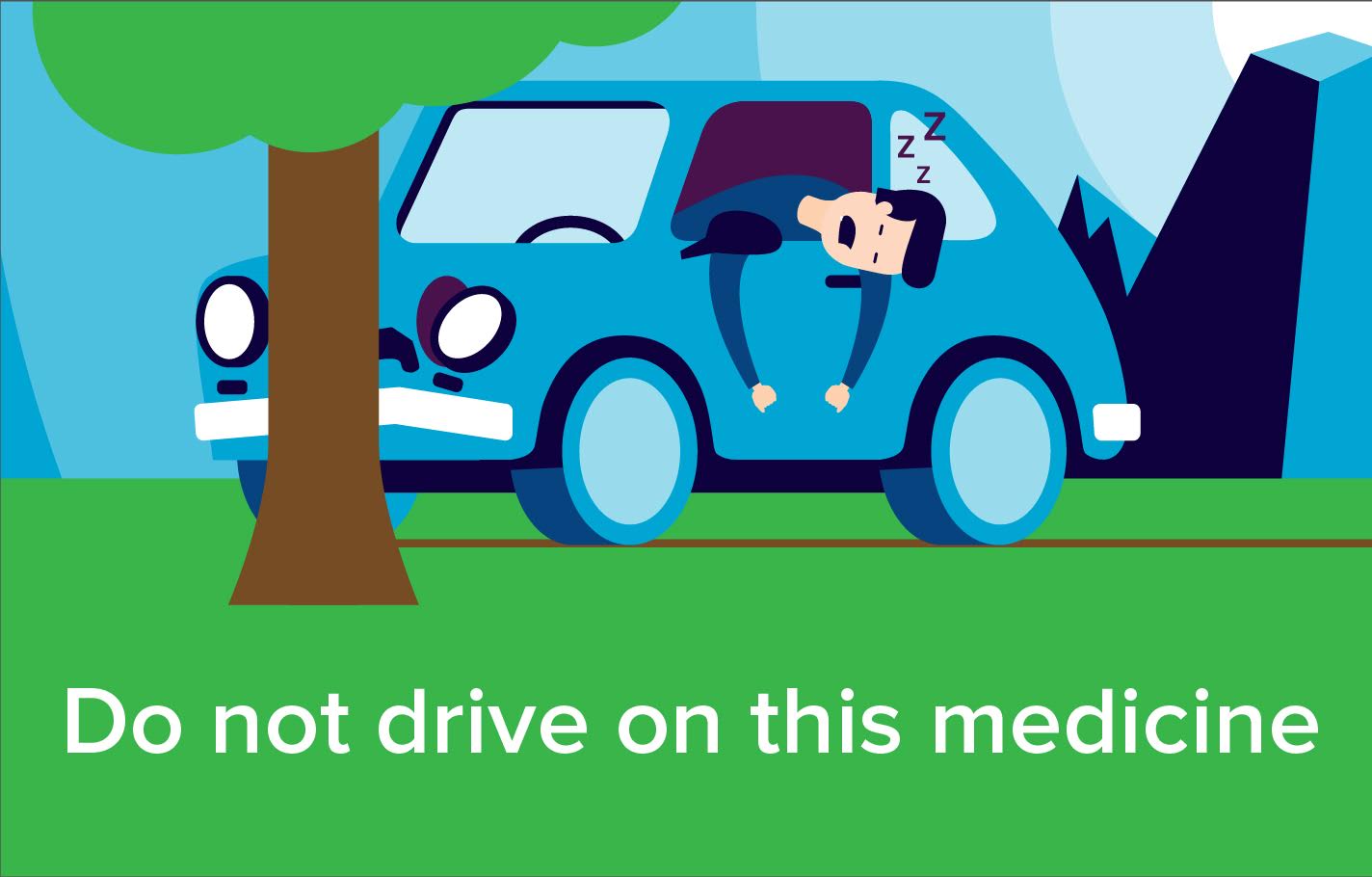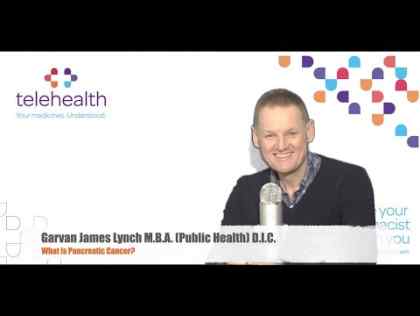Chemotherapy is the general term for any treatment involving the use of chemical agents to stop cancer cells from growing. Chemotherapy can eliminate cancer cells at sites great distances from the original cancer.

More than half of all people diagnosed with cancer receive chemotherapy. For millions of people, chemotherapy helps treat their cancer effectively, enabling them to enjoy full, productive lives.
A chemotherapy regimen (a treatment plan and schedule) usually includes drugs to fight cancer plus drugs to help support completion of the cancer treatment. It's important to stick to a schedule of treatment.
How Chemotherapy Works
Chemotherapy is designed to kill cancer cells. Chemotherapy can be administered through a vein, injected into a body cavity, or delivered orally in the form of a pill, depending on which drug is used.
Chemotherapy works by destroying cancer cells; unfortunately, it cannot tell the difference between a cancer cell and some healthy cells. So chemotherapy eliminates not only the fast-growing cancer cells but also other fast-growing cells in your body, including hair and blood cells.
Some cancer cells grow slowly while others grow rapidly. As a result, different types of chemotherapy drugs target the growth patterns of specific types of cancer cells. Each drug has a different way of working and is effective at a specific time in the life cycle of the cell it targets. Your doctor will determine the chemotherapy drug that is right for you. To understand more about the different ways chemotherapy is given, read about how people receive chemotherapy.
Discussing the Effectiveness of Cancer Treatment
Understand the goals and risks of each treatment option so you can work with your doctor to decide which treatment is best for you. Balance potential benefits against the risks of treatment.
Some risks of cancer treatments may include time away from family and friends, uncomfortable side effects, or long-term complications. Cancer treatment may be inconvenient, prolonged, or unavailable close to home. These are important considerations when evaluating treatment options, but they are not typically mentioned in medical journals reporting the results and benefits of new treatments.
Once you and your doctor have decided on a treatment plan, talk with your doctor about issues that could interrupt your treatment plan.
Importance of Dose and Schedule
Your doctor will develop a treatment plan scientifically designed for you, based on your type of cancer, its stage of advancement, and your overall health. It will consist of specific chemotherapy agents, at specific doses and intervals. These are called your scheduled cycles. Generally, treatments are given daily, weekly, or monthly. Your doctor will help you determine the most effective treatment schedule for you.
The goal is to make your chemotherapy as effective, timely, and problem-free as possible. But while your chemotherapy treatment works to fight your cancer, it also can cause side effects such as a lowered white blood cell count. A low white blood cell count means your immune system isn't as strong as it could be, which can increase your risk of infection. It also can require your doctor to change your dose or schedule of your chemotherapy.
A chemotherapy-induced low white blood cell count, caused by healthy cells lost during chemotherapy, is an expected side effect of many chemotherapy drugs. A low white blood cell count typically occurs after the administration of certain types of strong chemotherapy and may continue for several days. To help reduce the risk of developing side effects like low white blood cell count that may interfere with your treatment schedule, learn more about managing chemotherapy side effects.
Under certain circumstances, your doctor may decide your body is too weak to receive chemotherapy. A low white blood cell count can temporarily disrupt your cancer treatment or result in having your chemotherapy dose decreased.
Chemotherapy Side Effects
An undesirable consequence of chemotherapy affecting your body—not related to your cancer—is referred to as a complication of treatment, or a side effect Some common side effects of chemotherapy are:
- Low white blood cell count
- Low red blood cell count
- Low platelet count
- Nausea
- Vomiting
- Hair loss
- Fatigue
Some side effects may be temporary and uncomfortable. Some can cause dose reductions and treatment delays or even be life-threatening.
For example, one of the most serious potential side effects of chemotherapy is a low count of infection-fighting white blood cells—a condition called neutropenia. Neutropenia can interrupt your chemotherapy schedule and put you at risk for infections that may require hospitalization and may even be life-threatening.
Fortunately, significant progress has been made in the development of "proactive" therapies that help manage the side effects of chemotherapy.
References:
http://www.cancer.net/navigating-cancer-care/how-cancer-treated/chemotherapy
http://www.cancer.ie/cancer-information/treatments/chemotherapy#sthash.W7Xfk2VC.dpbs
https://en.wikipedia.org/wiki/Chemotherapy
http://www.medicinenet.com/chemotherapy/article.htm
http://www.cancer.org/treatment/treatmentsandsideeffects/treatmenttypes/chemotherapy/chemotherapy-landing
http://www.cancer.gov/about-cancer/treatment/types/chemotherapy



